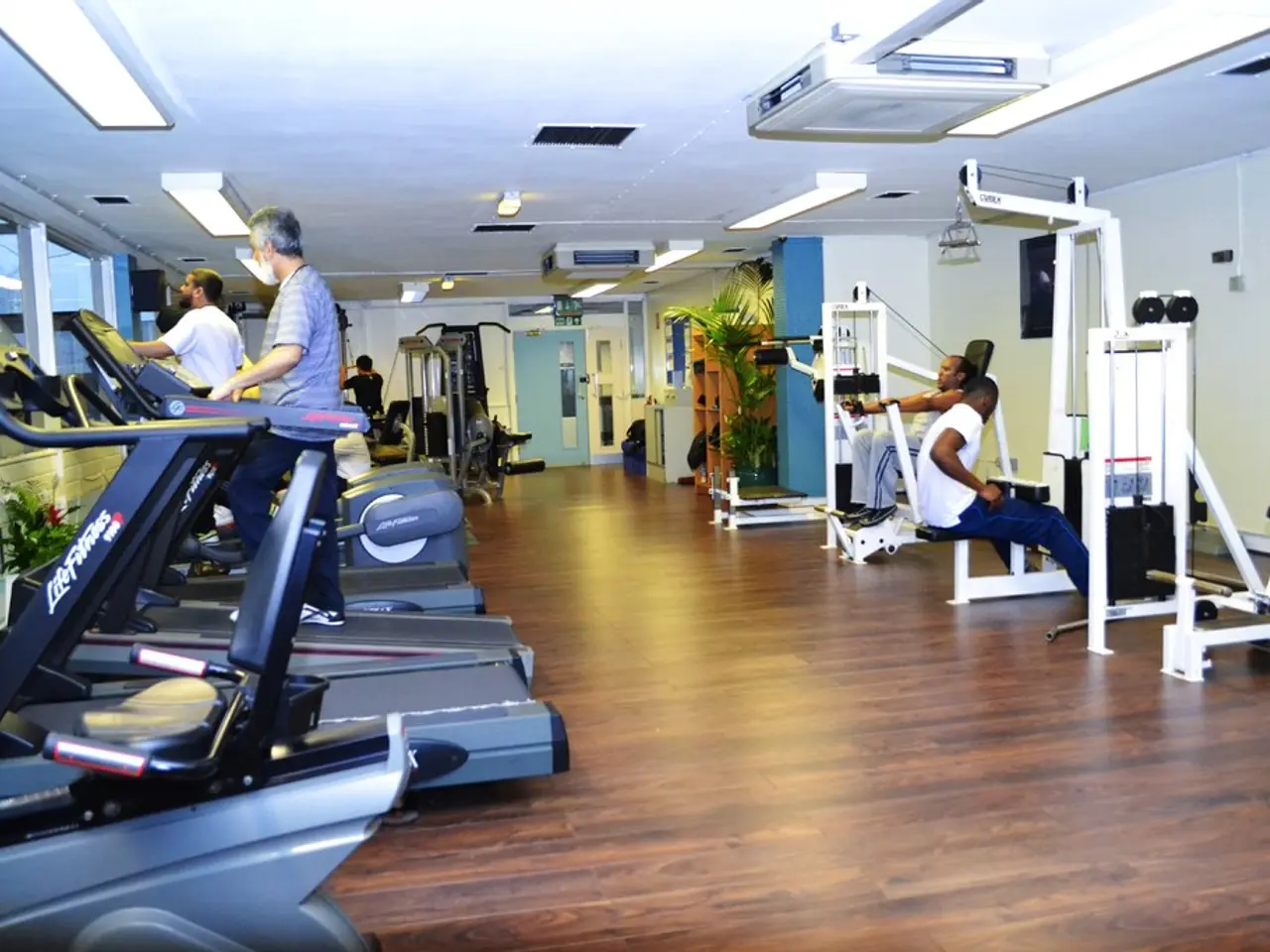Dedicating a mere 5 minutes daily to these workouts may significantly enhance cognitive function as you advance in years.
In a groundbreaking study published in the British journal Age & Ageing, researchers have discovered that even brief sessions of physical activity can significantly improve cognitive function in older adults. This revelation challenges the common assumption that lengthy workout sessions are necessary for cognitive benefits.
The relationship between physical activity and brain health operates through multiple mechanisms, including increased blood flow, growth factor release, inflammation reduction, and stress hormone modulation. These findings suggest that any form of movement, no matter how small, can contribute to cognitive improvements.
The study, conducted on adults aged 65 to 80, found that engaging in just five minutes of moderate-to-vigorous physical activity (MVPA) daily can lead to significant improvements in cognitive performance. This is particularly true for those who were previously sedentary, highlighting the importance of any activity above none.
Purposeful housework and gardening, when approached with intentional vigor, can reach moderate exercise intensity and engage multiple muscle groups. Tasks like digging, raking, or pushing a wheelbarrow can be brain-boosting activities, while indoor cleaning activities like scrubbing floors, vacuuming vigorously, or washing windows similarly elevate heart rate while requiring coordination and balance.
Moderate-to-vigorous exercise delivers significantly greater cognitive benefits compared to gentle, low-impact activities. The talk test can help determine if you're exercising at the right intensity level. During moderate exercise, you can speak in full sentences but feel slightly winded. During vigorous activity, talking becomes difficult or impossible.
Simple household items can be used as weights for resistance training, like tossing a small weighted item or performing squats with a milk jug filled with water. Performing movements slowly and with full attention to form during resistance training enhances the neural benefits by increasing mind-body connection. Resistance training, such as bodyweight squats, wall push-ups, chair dips, and standing balance exercises, boost hormones that support brain health and challenge neural pathways.
Swimming, due to water's resistance and hydrostatic pressure, can help reach the moderate-to-vigorous exercise zone, potentially improving blood flow to the brain. Cycling, whether indoors or outdoors, offers controllable intensity for brain-boosting sessions. Outdoor cycling adds cognitive complexity with navigation and balance.
The most critical insight from this research is that the biggest cognitive gains come from simply starting, even one minute counts, and consistency is key for maximum benefit. The steepest improvements in cognitive function occur in the first few minutes of physical activity, contradicting the common assumption that lengthy workout sessions are necessary for cognitive benefits.
However, it's important to note that the cognitive improvements observed from physical activity didn't extend to all brain functions, specifically longer-term memory and visual-spatial capabilities showed little correlation with exercise. Nevertheless, the benefits of regular physical activity for overall cognitive health are undeniable.
In summary, even minimal daily MVPA of around five minutes is correlated with improved cognitive performance in older adults, especially for those previously sedentary. Greater effects are generally seen with more sustained exercise programs combining aerobic, resistance, or mind-body modalities. So, whether it's gardening, housework, swimming, cycling, or resistance training, starting today and maintaining consistency can lead to significant cognitive improvements.
- The study highlights that any form of daily moderate-to-vigorous physical activity (MVPA), including purposeful housework, gardening, swimming, cycling, or resistance training, can lead to significant improvements in cognitive performance, especially for those previously sedentary.
- Consistency is key to reap maximum cognitive benefits from physical activity, as the research indicates that the steepest improvements in cognitive function occur in the first few minutes of physical activity, even if it's just for a minute.




